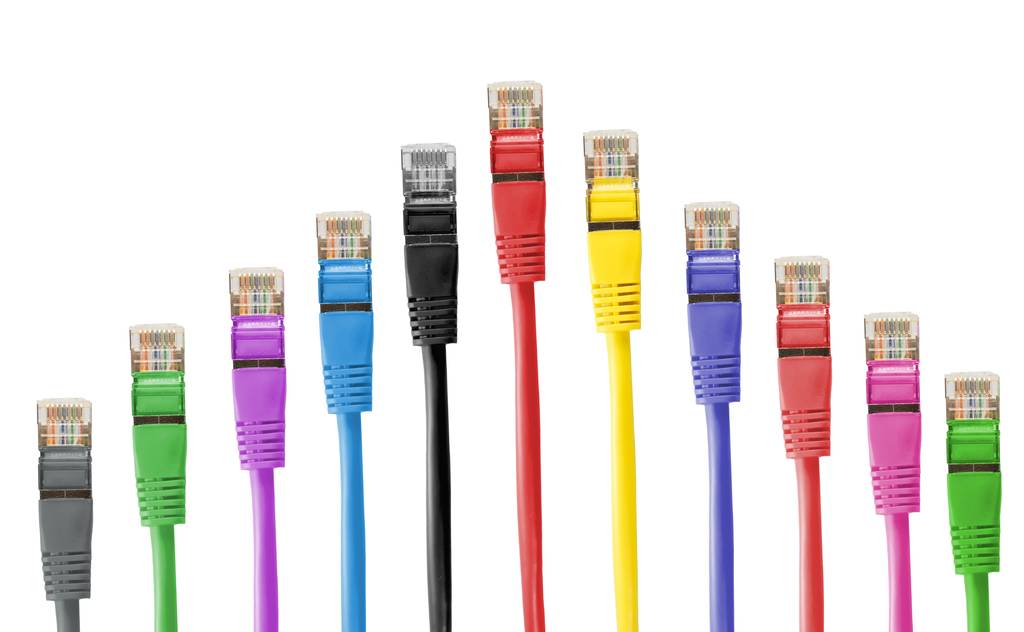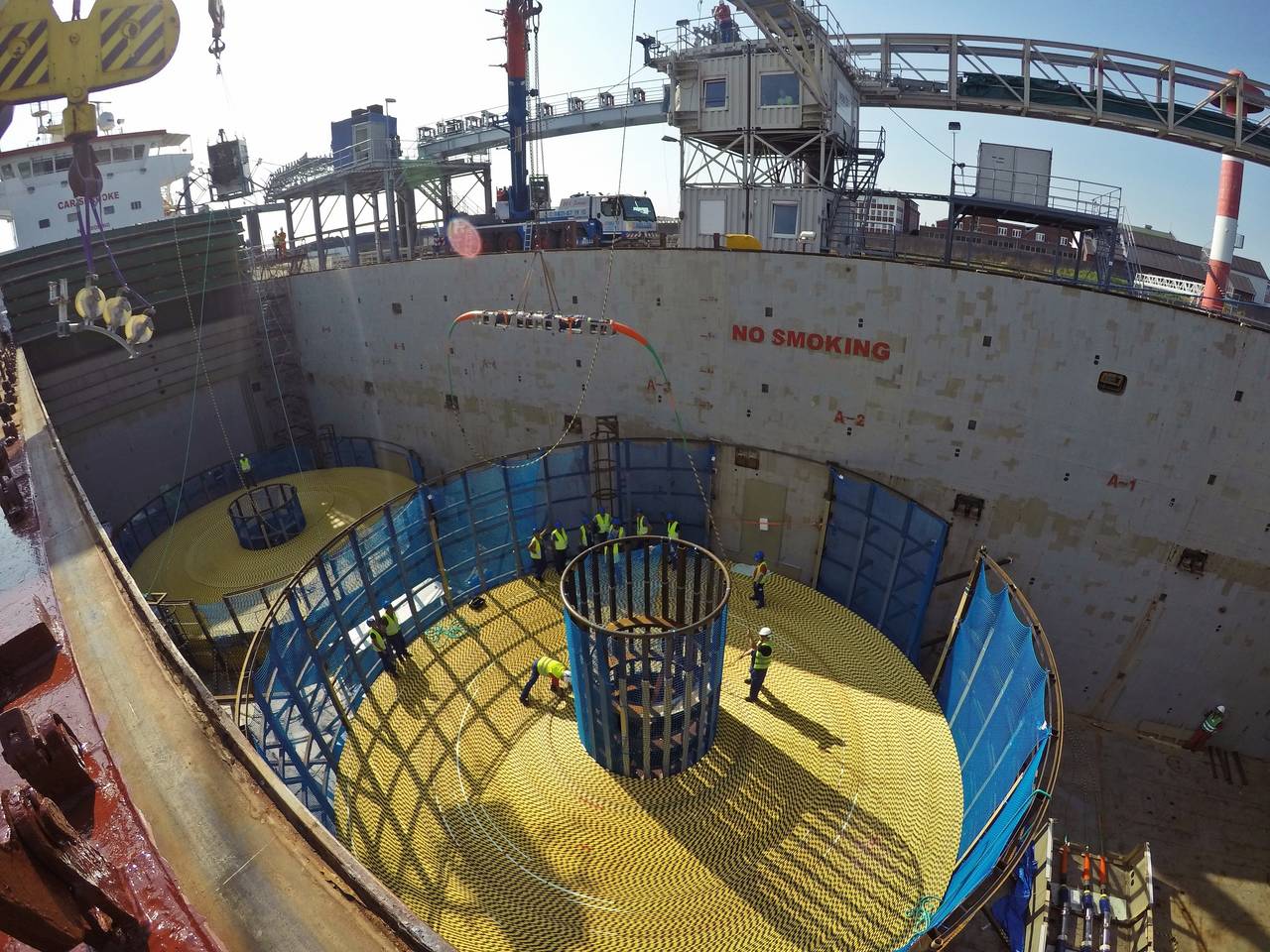Intercontinental Telecom Cable Leading to Opportunities Across Africa

Earlier this month, Moneyweb reported1 that Huawei Marine, a joint venture between China’s Huawei and the United Kingdom’s Global Marine Systems, has nearly completed its study for a new intercontinental subsea telecommunications cable system. The Peace Subsea Cable, which will span nearly 20,000 kilometres, will provide high-speed and high-capacity communications between Europe, Pakistan, Kenya, Djibouti, Somalia, and South Africa. The cable system will be operational towards the end of 2019.
Currently, very few African countries enjoy high-speed Internet. According to an analysis of over 60 million broadband speed tests by Cable.co.uk, only Kenya enjoys an average speed higher than 10Mbps. The next fastest country, the Seychelles, is barely more than half that, at 5.84Mbps.
Systemically-slow Internet download rates discourage participation in information-technology-based entrepreneurship. It also reduces options for consumers to participate in digital communities. For example, most online video games played on a personal computer require2 at least a 3-to-6Mbps download speed per individual to provide a quality experience.
If you have teenagers in your home who want to play some games on the computer, they may be unable to join in the experiences of their peers across the planet. With the Peace cable system in place, the countries in the coverage zone will enjoy faster speeds, and their children would be able to connect with and make friends across the world online more easily.
But what does this improvement in eastern-and-southern Africa’s telecommunications network mean for the countries in John W Ffooks & Co’s coverage areas?
Two things: an increase in IT-based entrepreneurship capitalising on the opportunities created by the new project, and a deepening of the ongoing trade relationship between China and Africa leading to an increase in business activity across the continent.
With today’s multinational IT firms making up the largest corporations in the world, any efforts to improve Africa’s Internet access will promote further business development in all its countries. While the countries in our current coverage area would not be directly connected to the Peace cable system, we anticipate that this major infrastructure project will lead to increased interest in IT-based entrepreneurship in our countries of practice. For example, South Africa’s massively-multilplayer online game Destiny of Ancient Kingdoms3 could be made more accessible to other African countries. As well, the development of such games would be made more compelling in the OHADA countries of our firm’s coverage area.

We also anticipate that this massive project, led by a Chinese-UK joint venture, will encourage greater investment in African infrastructure by China (aside from that put directly into the construction of the Peace system itself). For many years, China has been Africa’s greatest trading partner. Many African countries export oil, cocoa, cotton, raw minerals, fish, and much more to China, while importing manufactured goods such as motorcycles, footwear, clothing, and electronics from China.
The construction of the Peace cable system will thus make Africa in general more attractive for capital investment, particularly to its most important trading partner: China. China’s technological and infrastructure investments4 in many African countries, such as those in our coverage areas, have helped kickstart economic development. With enhanced intercontinental telecommunications, further Chinese investment in Africa’s information technology would be a natural outcome.
Here at John W Ffooks & Co, we pride ourselves on our expertise in corporate and telecommunications law across more than 20 countries in francophone Africa. We look forward to seeing the growth in business activity that the Peace cable will engender across the continent for years to come.
Sources
- 1. “New subsea cable to connect Africa, Asia” (3 January 2018) online: Moneyweb, https://www.moneyweb.co.za/news/tech/new-subsea-cable-peace-to-connect-africa-asia/
- 2. Dilley, John. “How Much Speed You Need for Online Gaming” (30 October 2017) online: HighSpeedInternet.com, https://www.highspeedinternet.com/resources/how-much-speed-do-i-need-for-online-gaming/
- 3. Destiny of Ancient Kingdoms, online:, http://doak.co.za/
- 4. Marshall, Andrea. “China’s mighty telecom footprint in Africa”. (14 February 2011) online:, http://www.newsecuritylearning.com/index.php/archive/75-chinas-mighty-telecom-footprint-in-africa
